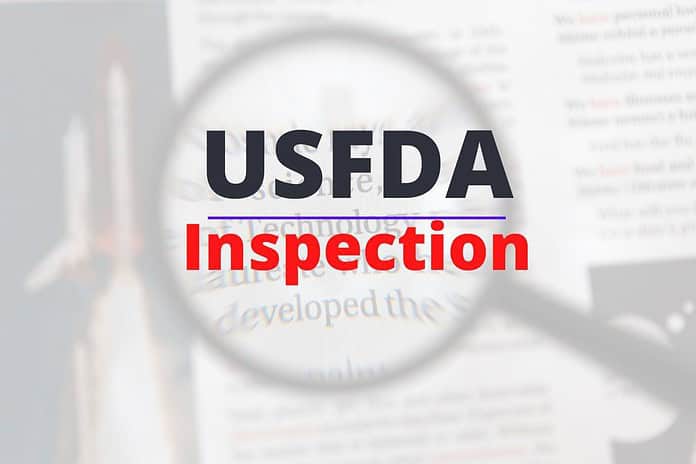Last Updated on October 17, 2024 by The Health Master
The US Food and Drug Administration (FDA)’s decision to utilize and implement additional alternative inspection tools and approaches while postponing domestic and foreign routine surveillance inspections in the wake of COVID-19 pandemic has augured well for the Indian pharma exports.
Currently, Indian pharmaceutical companies account for around 40 per cent of the generic drug supply to the US market. A number of Indian drug plants under US drug regulator’s lens have received positive outcomes over the past two months which is a positive sign for pharma export, said Sudarshan Jain, secretary general of the Indian Pharmaceutical Alliance (IP Alliance).
For instance, Lupin’s active pharmaceutical ingredient (API) unit in Visakhapatnam received an Establishment Inspection Report (EIR) in mid-May. The facility was inspected by the US FDA in January this year. Earlier, Lupin’s Pithampur plant -I and Nagpur plants (both formulation making units) had received EIRs in April. Alembic’s Panelav plant received EIR on May 4, 2020. The plant was inspected by US FDA in March 2020. Dr Reddy’s Miryalguda plant has received EIR on April 9, 2020. The plant was inspected by US FDA in March 2020.
Said IP Alliance secretary general, the pharma companies have worked on improving quality compliance which resulted in a slew of EIRs. Besides EIRs, which will go a long way to ramp up overall exports, the shortage of several drugs in the US has thrown up an opportunity for Indian drug makers.
Also read: FDA Haryana raids firm manufacturing disinfectants without license
Jain said, “Definitely it is an opportunity but the quality needs to be maintained while exporting products to US.” The supply chain disruption caused by lockdown in India and across the globe has affected exports and subsequently led to drug shortages. Normally, the FDA conducts inspection of manufacturing plants of a drug firm to ensure they comply with US regulations.
In this unprecedented time, the US FDA on May 11 announced that it has postponed domestic and foreign routine surveillance inspections and will use measures such as physical examinations and/or product sampling at its borders, review a company’s compliance history, use information shared by foreign regulatory partners, and request records in advance of or on behalf of inspections.
IP Alliance has welcomed the US FDA’s move. Like US FDA, all other drug regulators in the world are taking steps to ensure uninterrupted supply of quality drugs to patients while looking at alternative approaches to inspection, IP Alliance secretary general said.
The Health Master is now on Telegram. For latest update on health and Pharmaceuticals, subscribe to The Health Master on Telegram.


